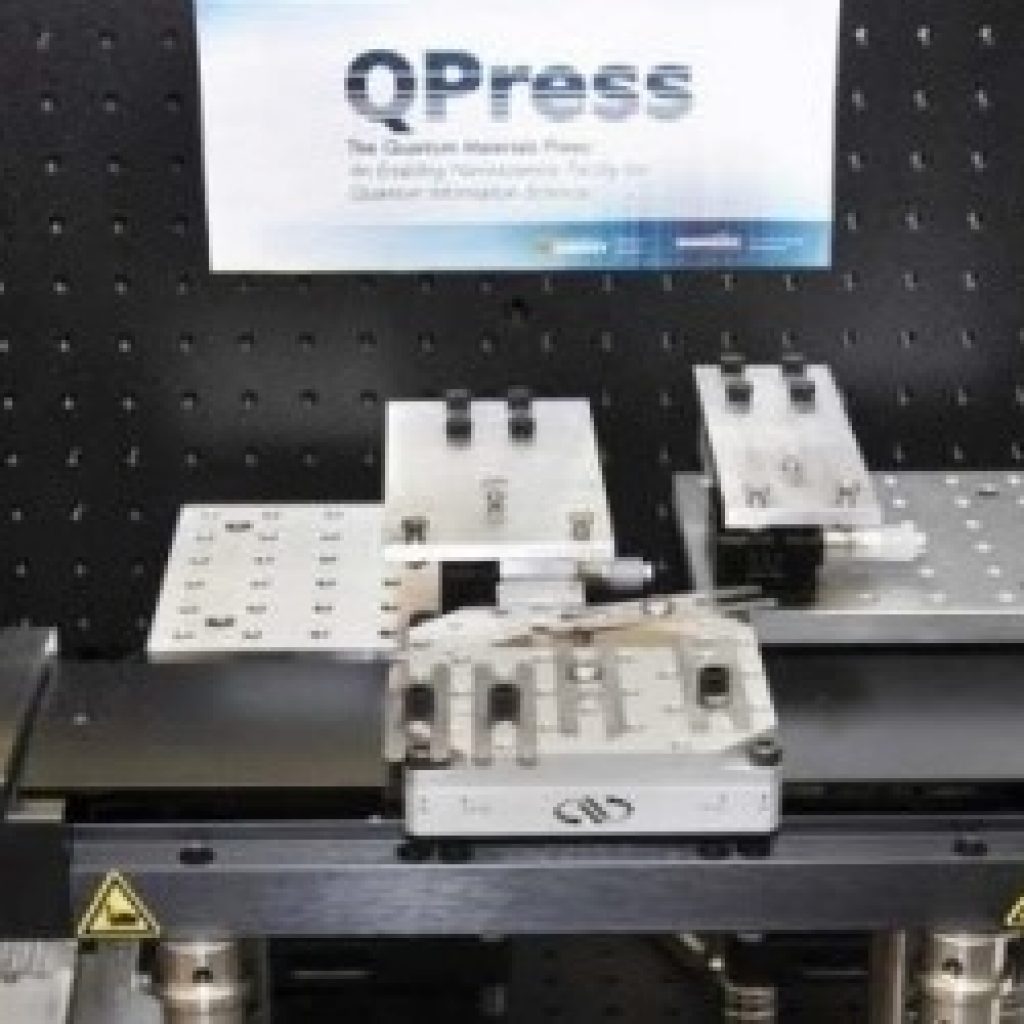(Phys.org) scientists at the Center for Functional Nanomaterials (CFN)—a U.S. Department of Energy (DOE) Office of Science User Facility at Brookhaven National Laboratory—are teaming with Harvard University and the Massachusetts Institute of Technology (MIT) to create a first-of-its-kind automated system to catalog atomically thin two-dimensional (2-D) materials and stack them into layered structures. Called the Quantum Material Press, or QPress, this system will accelerate the discovery of next-generation materials for the emerging field of quantum information science (QIS).
In September 2018, development of the QPress was awarded funding by the DOE, with a two-part approach. One award was for QPress hardware development at Brookhaven, led by Black; Yager; CFN scientists Gregory Doerk, Aaron Stein, and Jerzy Sadowski; and CFN scientific associate Young Jae Shin. The other award was for a coordinated research project led by Yacoby, Kim, Jarillo-Herrero, and Checkelsky. The Harvard and MIT physicists will use the QPress to study exotic forms of superconductivity—the ability of certain materials to conduct electricity without energy loss at very low temperatures—that exist at the interface between a superconductor and magnet. Some scientists believe that such exotic states of matter are key to advancing quantum computing, which is expected to surpass the capabilities of even today’s most powerful supercomputers.
QPress System May Accelerate Discovery of Materials for Quantum Information Science
